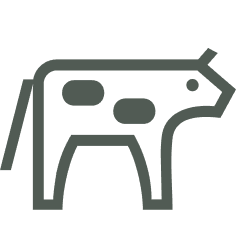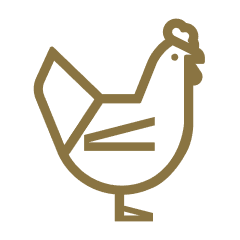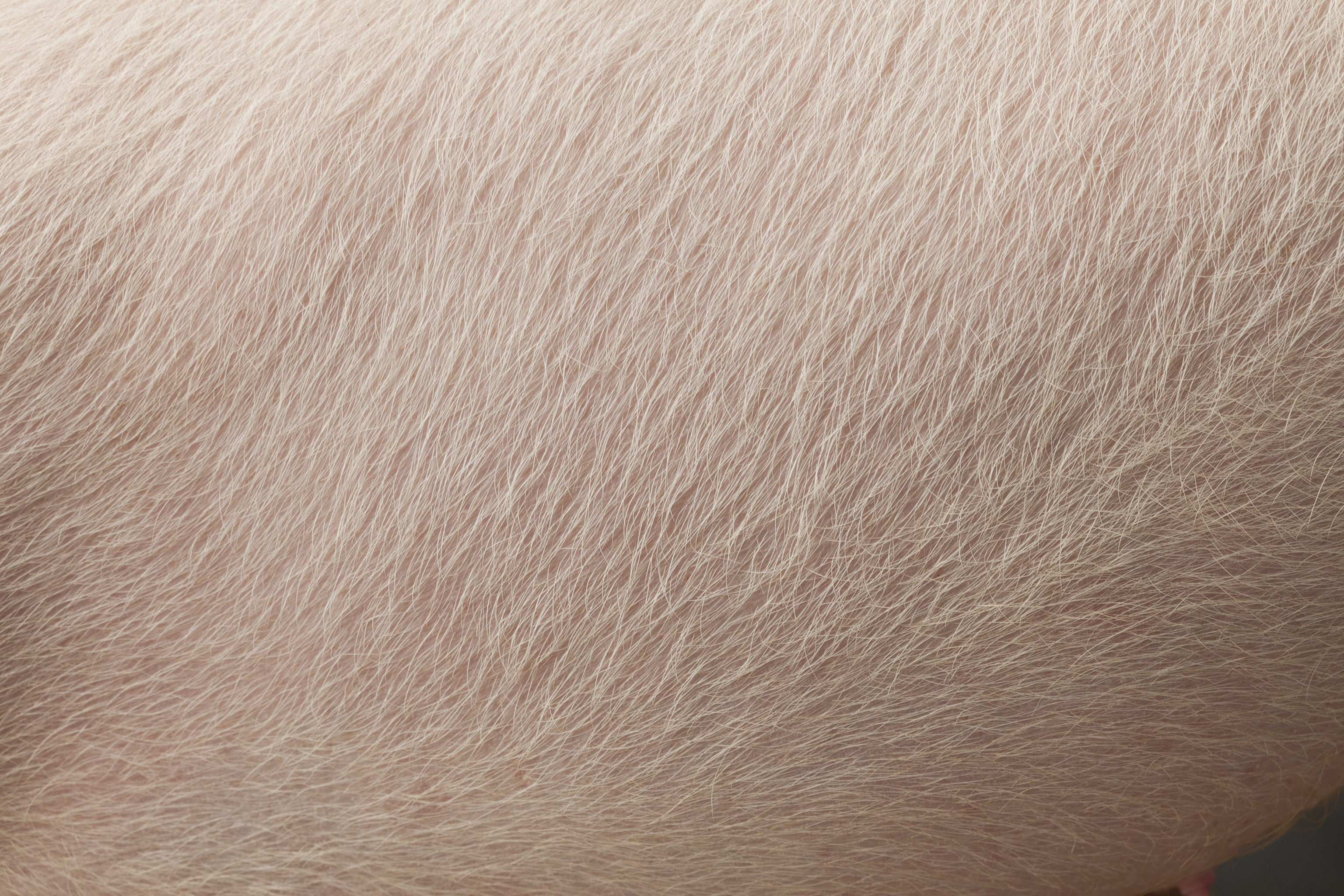Simple summary
Zinc oxide (ZnO) supplementation at pharmacological doses in post-weaning piglets is a consolidated practice that allows efficient control of post-weaning diarrhea (PWD), a condition exacerbated by Escherichia coli F4 (K88) infections. Far from being completely elucidated, the multifactorial ZnO mechanism of action is in all likelihood exerted at the gastrointestinal level. However, increasing environmental concerns are arising from prolonged ZnO use. This article reviews the utilization of ZnO in piglets, the biological rationale behind its powerful activity, and the emerging threats that are leading towards a significant reduction in its use. Finally, a wide analysis of the strengths and weaknesses of innovative alternative strategies to manage PWD at the nutritional level is given.
Abstract
Zinc oxide (ZnO) at pharmacological doses is extensively employed in the pig industry as an effective tool to manage post-weaning diarrhea (PWD), a condition that causes huge economic losses because of its impact on the most pivotal phase of a piglet’s production cycle. In a multifactorial way, ZnO exerts a variety of positive effects along the entire gastrointestinal tract by targeting intestinal architecture, digestive secretions, antioxidant systems, and immune cells. ZnO also has a moderate antibacterial effect against Escherichia coli F4 (K88), the main causative agent of PWD. However, the environmental impact of ZnO and new emerging threats are posing serious questions to the sustainability of its extensive utilization. To work towards a future free from pharmacological ZnO, novel nutritional approaches are necessary, and many strategies have been investigated. This review article provides a comprehensive framework for ZnO utilization and its broad mode of action. Moreover, all the risks related to pharmacological ZnO levels are presented; we focus on European institutions’ decisions subsequently. The identification of a novel, complete solution against PWD should be accompanied by the adoption of holistic strategies, thereby combining good management practices to feeding approaches capable of mitigating Escherichia coli F4 (K88) infections and/or lowering ZnO utilization. Promising results can be obtained by adjusting diet composition or employing organic acids, natural identical compounds, polyphenol-rich extracts, prebiotics, and probiotics.For more information: marketing@vetagro.comRead the full text here.









